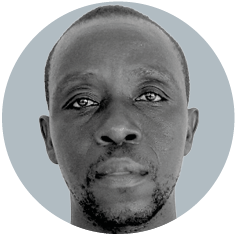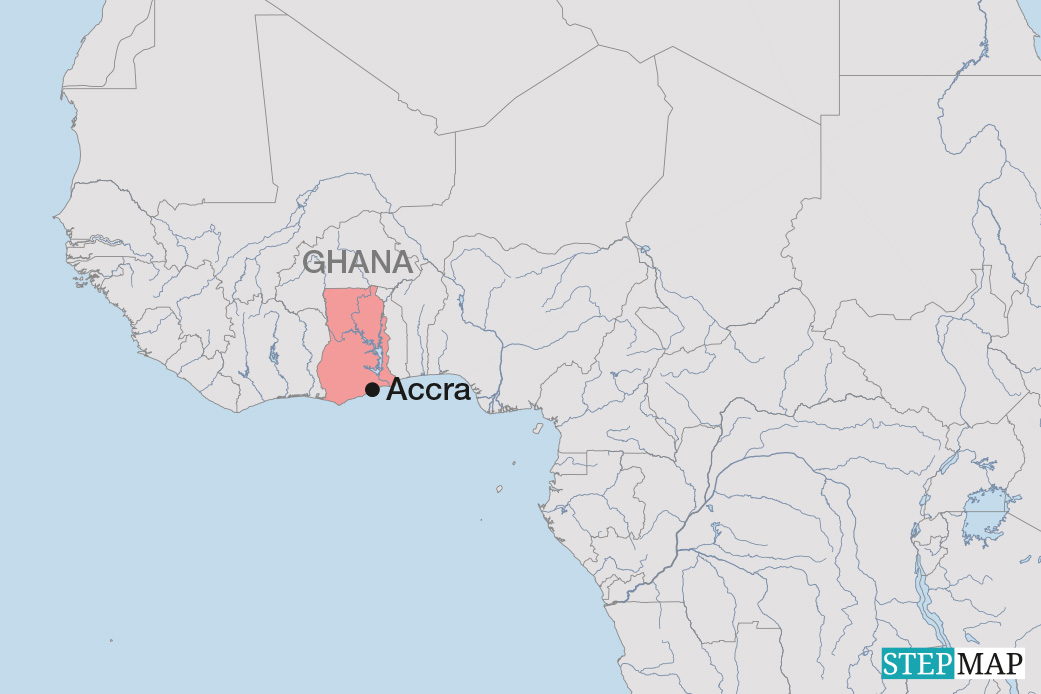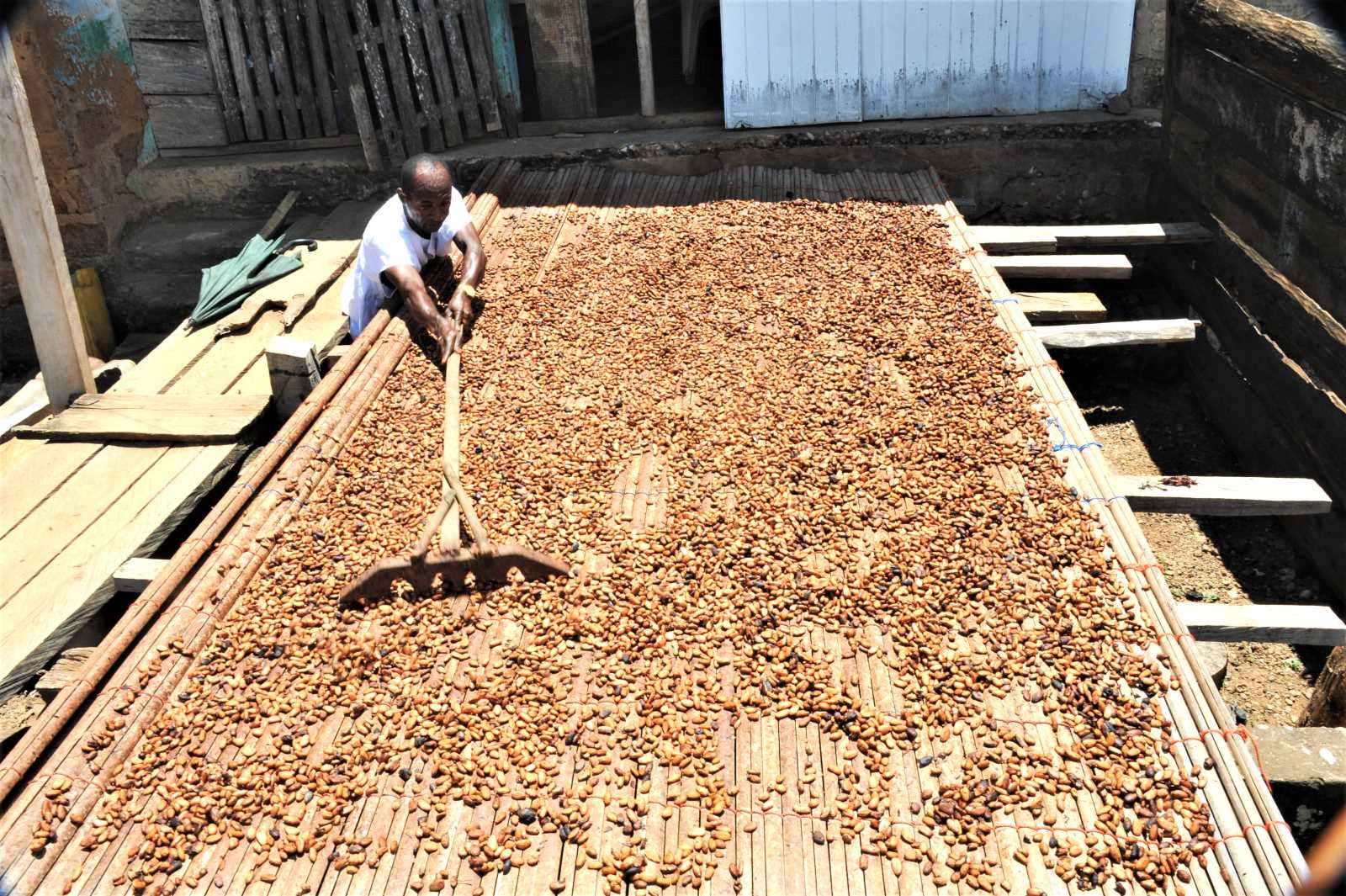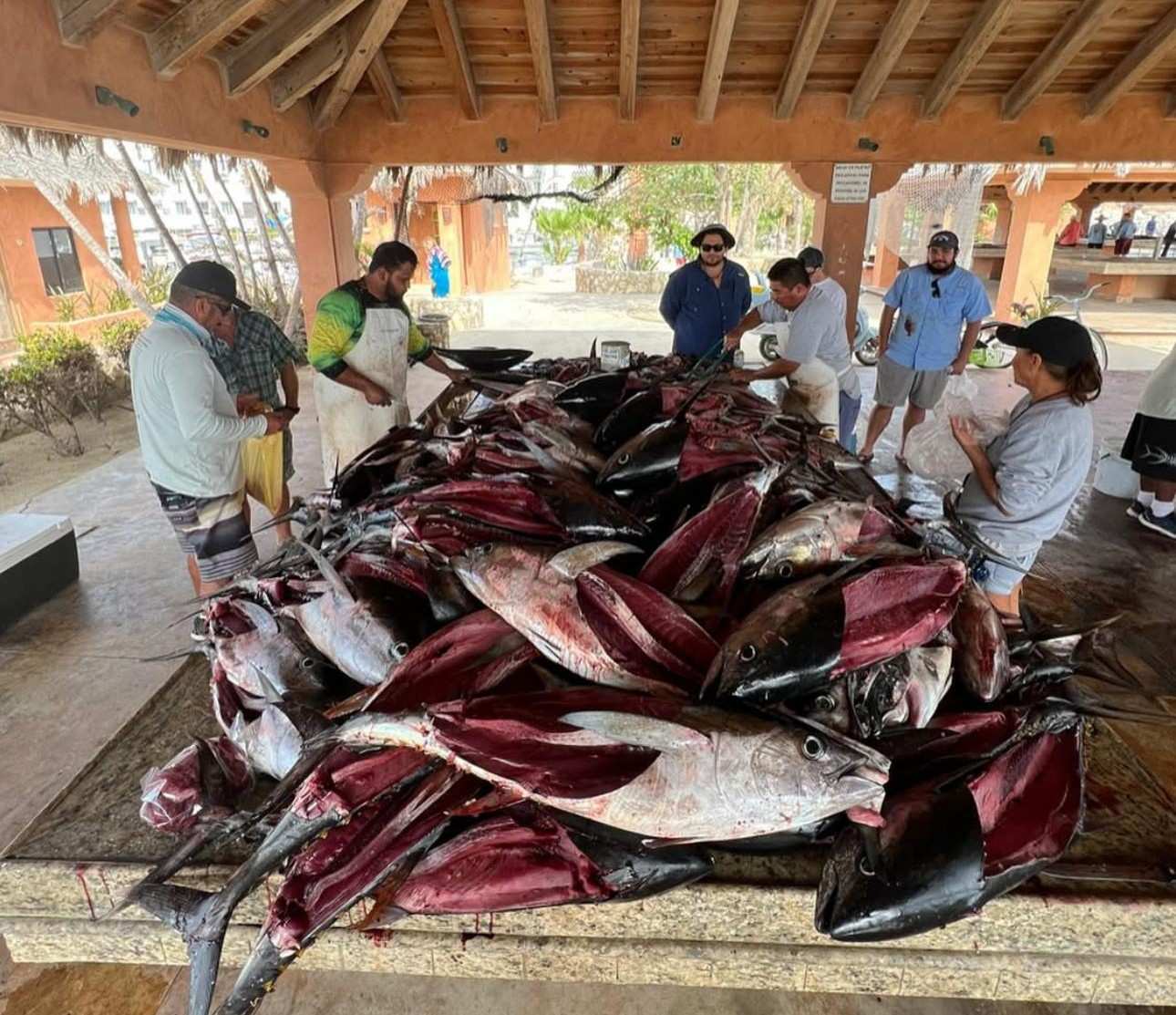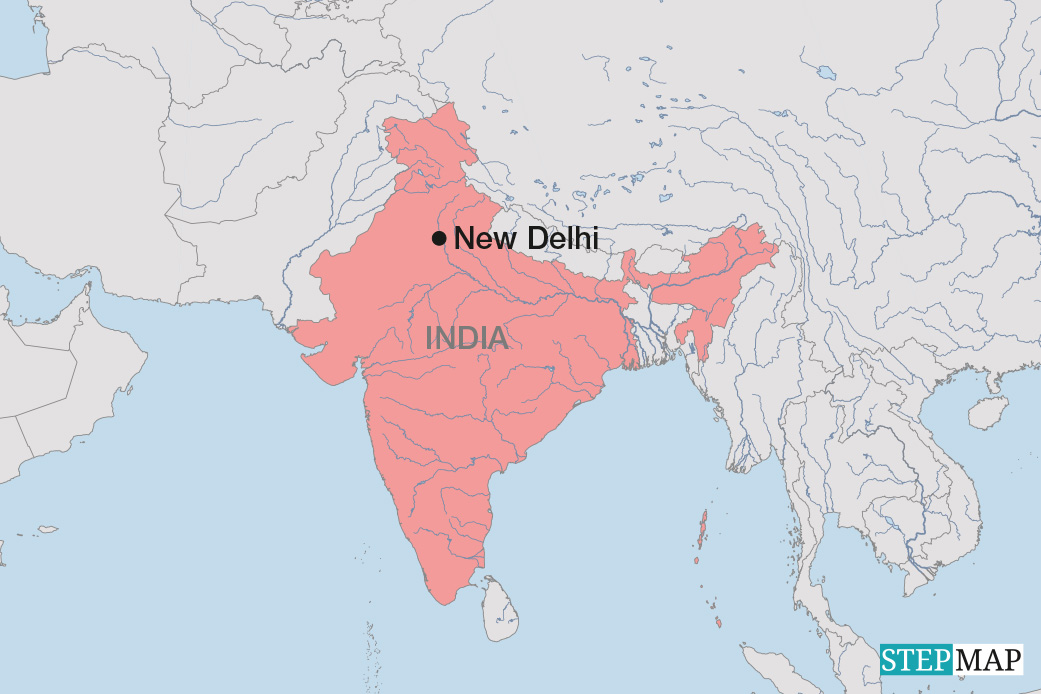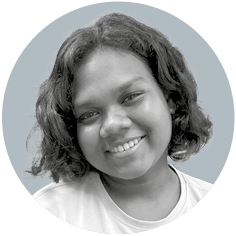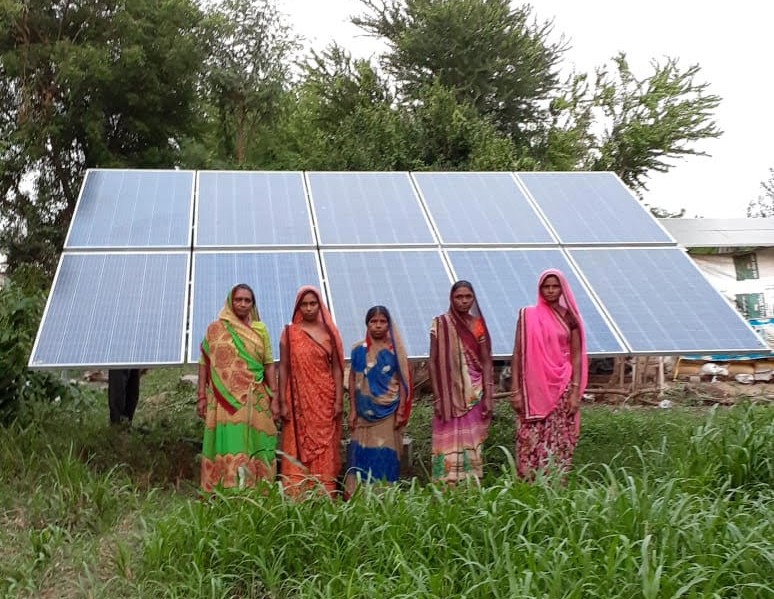Informal sector
“If you don’t carry the load, someone else will, so I’m just happy to get work”
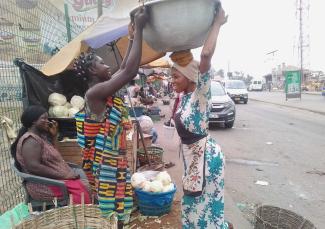
This article is part of an interview series about people working in the informal sector in different countries, including a motorcycle taxi driver in Uganda, a domestic worker in India, a refugee teacher in South Sudan, a fish butcher in Mexico and a street vendor in Kenya.
Who are you?
My name is Fouzia Asinbe and I come from Kundugu in the Upper West Region of Ghana. I am 19 years old. I moved to Accra after dropping out of school in the sixth grade of primary school due to financial difficulties. I was unable to get support to buy books or other school supplies. We are five children, two boys and three girls, and after the death of my father, my mother, a farmer, had to provide for us alone. She grows corn, peanuts and various other crops to sustain us. But the situation in the north is very difficult. So, I decided to go to Accra to earn money so that I can enrol in a vocational training programme to become a hairdresser.
I decided to work as a “kaya”, which is what people who transport loads on their heads are called. My friends who came to Accra earlier told me that life here is good. That’s true, but life in Accra is very challenging at the same time. It’s not easy to constantly carry heavy loads. But I am happy because I can pay my rent, buy food and other things I want.
Sometimes, however, I walk all day without earning much or anything at all. On a good day, I can earn 30 to 50 cedis (about two to three dollars). I spend some of it on food and save the rest. Sometimes a generous customer will give me 100 cedis (about six dollars) or more.
Where do you live?
We are five girls in a room that we have rented. There is a carpet in the room. We just sleep on mats or cloths on top of it. Each of us pays 70 cedis (about four dollars) rent per week. The accommodation is good, and we feel comfortable. There is a public toilet and a bathroom nearby. Bathing costs three cedis and using a private toilet costs between one and two cedis.
What does your average day look like?
My day starts every day except for Sundays around two or three in the morning, when I wake up with my friends to prepare for work. We take our headpans and walk for about 40 minutes to a large market where we move around in search of customers. The market is busy already in the morning hours.
When a customer needs my help, I carry their things to their destination and take whatever they give me. If you don’t carry the load, someone else will, so I’m just happy to get work.
That’s why I came here – if you can take care of yourself, you don’t have to rely on others or find a boyfriend. The work is difficult, but I’m working my way up bit by bit to make ends meet. I keep a record of all the money I save.
I would also like to mention that we often move around in groups to protect ourselves from bad guys. We spread out and go separate ways only as soon as we reach the market. I work all day and when I’m tired, I look for a shady place to rest. In the evening, perhaps around four-thirty or five o’clock, we all gather again at one point and go back home. There we sit together and chat, tell each other about the challenges and successes of the day and share memories of life at home.
What do you like about your situation?
Although life in Accra is not easy, I am happy. My friends are always there for me, especially when I have financial difficulties. Sometimes, when I am sick and cannot work, they help me with money for medication. Sometimes it is difficult to buy food. But even when business is bad and we have no money, we meet to talk about life and share laughter and joy. Happiness lies in these moments. We see each other as one. It gives me great joy to tell stories from our past, how we played together at home and how we met again.
How can your situation be improved?
One day, I found myself in a difficult situation. I was looking for customers when I was almost hit by a car. As I was trying to get out of the way, I accidentally bumped into a woman carrying egg crates, causing them to fall to the ground. The woman held on to me and swore she wouldn’t let me go until I had paid for the broken eggs. As I was crying, a kind man came to my rescue and paid the woman.
Sometimes kayayei are treated as if we are not human. I sometimes hear insults such as “dirty girl, you don’t take a bath”. But that doesn’t bother me because I know what I’m fighting for. I would also like to say that some people see us as their children and treat us well, giving us gifts and money.
Dasmani Laary is a journalist in Ghana.
laarygna@gmail.com
